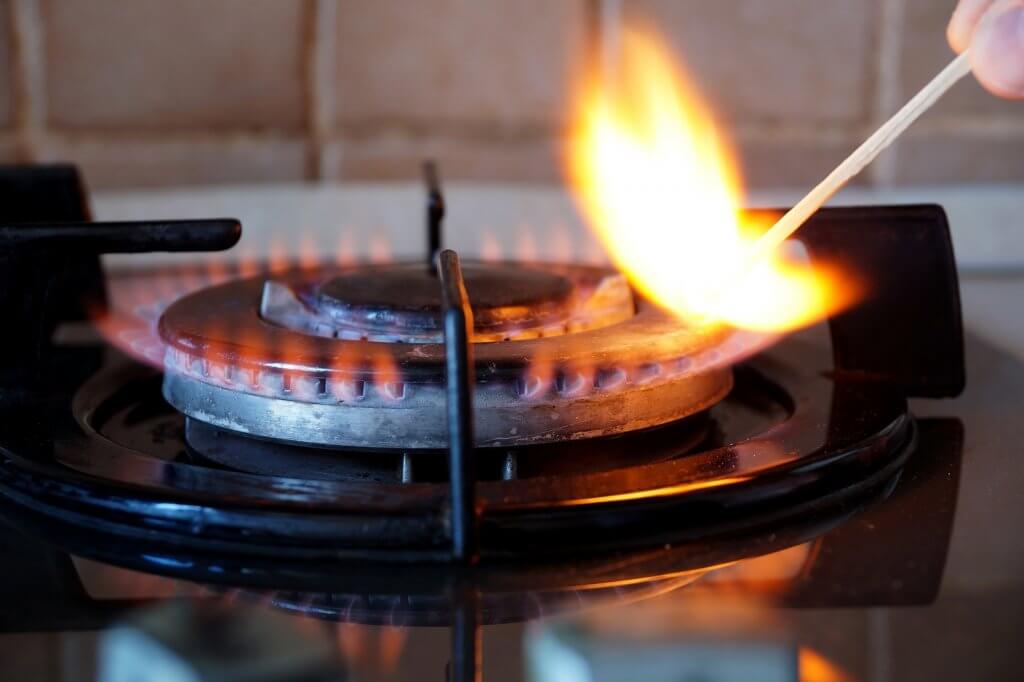
This article is designed to provide brief information on the Gas Safety Regulations 1998 and its implications for all rental properties. Landlords who rent property for terms of less than seven years must be aware of this legislation and ensure it is complied with.
Properties which are covered by the legislation include:
- residential premises provided for rent by local authorities, housing associations, private sector landlords, housing co-operatives, hostels;
- rooms let in bed-sit accommodation, private households, bed and breakfast accommodation and hotels;
- rented holiday accommodation such as chalets, cottages, flats, caravans and narrow boats on inland waterways.
Responsibilities of the landlord
Under the Gas safety regulations, it is the responsibility of the landlord to arrange maintenance of gas appliances, pipes, and flues which are contained within the rental property, using a Gas Safe (formerly Corgi) registered plumber. Landlords are not responsible for appliances provided by the tenant.
An annual gas safety check must be carried out every 12 months by a Gas Safe (formerly Corgi) registered installer. A record of the safety check must be kept for 2 years and a copy issued to each existing tenant within 28 days of the check being completed. Copies of the gas safety check should be displayed in a prominent position if the gas appliance is not contained within the premises rented by a tenant but, is contained within the same building.
Where the gas meter is installed in a meter box, the landlord should supply the tenant with a suitably labeled key to the box. A landlord must not have open flues (non ’room-sealed appliances’) installed in a bedroom (or any room used as sleeping accommodation), bathroom or shower room.
It is recommended the landlord inspects gas appliances when a tenant moves out of the property. This is to ensure there has been no damage to the existing gas installations. There are many signs which show that a gas appliance is not functioning correctly. Three of the most noticeable are:
- Staining, sooting or discolouration on or around the appliance.
- A yellow or orange flame instead of the normal blue.
- A strange smell when the gas appliance is working.
Copies of the annual safety check should be issued to any new tenants before they move in. In addition, it is essential that copies of all gas appliances are provided to tenants.
What if you use a letting agent
If you use a letting agent to manage your property, it is important you understand who is responsible for making the arrangements for maintenance and gas safety checks in order to comply with the regulation. The contract between the landlord and the letting agent should clearly specify who is to make the arrangements for maintenance and safety checks. It is recommended you receive copies of gas safety checks and all maintenance undertaken at any property you own.
Penalty and enforcement
The Gas Safety Regulations 1998 regulations are enforceable by law. Individuals who are found not to be complying with the regulations can be fined up to £5,000 by a Magistrates Court. However, if injury or death occurs due to the non-compliance, an unlimited fine and or custodial sentence can be imposed.
How to check a Gas Safe registered installer
Only Gas Safe (formerly CORGI) registered installers are permitted to work on gas appliances. It is recommended landlords check any Gas Safe (formerly CORGI) registered installer they intend to use is competent to work in that specific area of gas.
The areas which the CORGI-registered installer can work in are clearly marked on the back of the installer’s Gas Safe registration card. If in any doubt ring Gas Safe or check their website to see if the installer is registered.
More information
Information from Health & Safety Executive (HSE)
Free leaflets explaining some of the main requirements of landlords, under the Gas Safety (Installation and Use) Regulations 1998 and general gas safety information are available from HSE.
HSE’s free Gas Safety Advice Line offers advice on gas safety.
Information from Gas Safe
Gas Safe (formerly CORGI) offer advice and guidance to landlords, more information can be accessed on the Gas Safe website.



